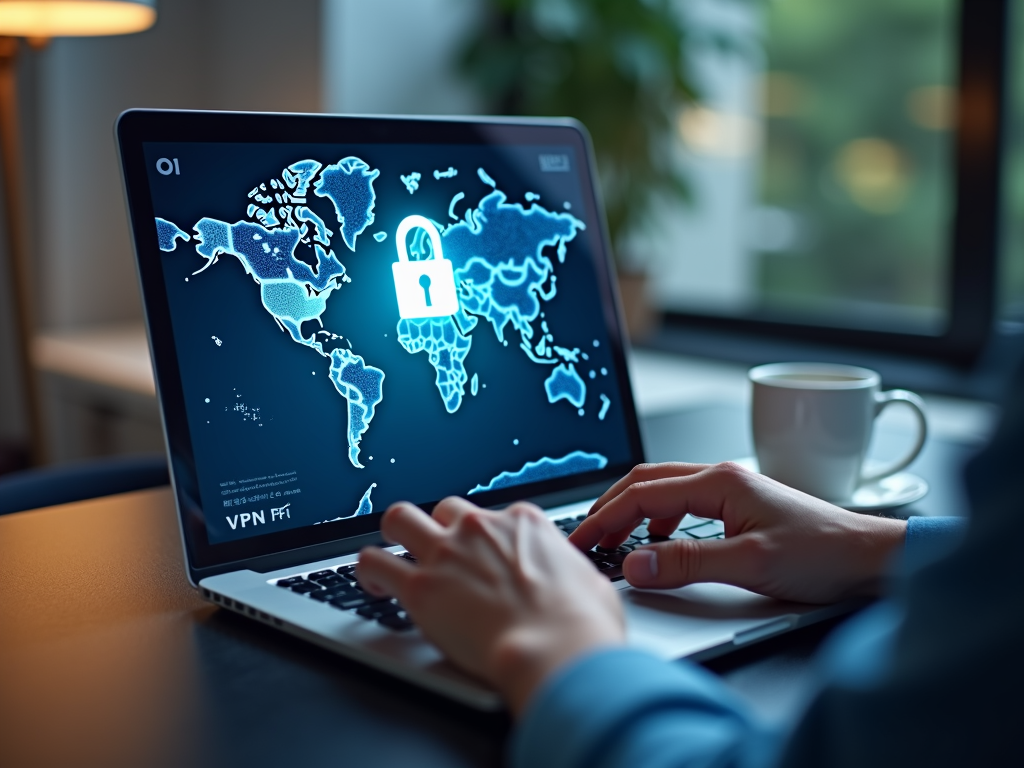Why Data Breaches Keep Happening—and How to Stay Safe
In today's digital age, data breaches have become a common occurrence, affecting millions of people worldwide. Despite advancements in cybersecurity, these breaches continue to happen, leaving individuals vulnerable to identity theft and financial loss. This article explores the reasons behind the persistence of data breaches and provides actionable advice on how to protect yourself online.

Why Do Data Breaches Keep Happening?
Data breaches occur for a variety of reasons, and understanding these can help us better protect ourselves. Here are some of the main factors contributing to the ongoing issue of data breaches:
- Human Error: One of the most common causes of data breaches is human error. This can include employees accidentally sharing sensitive information, falling for phishing scams, or failing to follow proper security protocols. Even the most advanced security systems can be compromised by a simple mistake.
- Sophisticated Hacking Techniques: Cybercriminals are constantly developing new methods to bypass security measures. From malware and ransomware to social engineering tactics, hackers are always finding innovative ways to access personal data.
- Increasing Value of Personal Data: As personal data becomes more valuable, the incentive for cybercriminals to steal it grows. Data such as social security numbers, credit card information, and login credentials can be sold on the dark web for significant profits.
- Insufficient Security Measures: Many organizations fail to implement adequate security measures, leaving their systems vulnerable to attacks. This can include outdated software, weak passwords, and lack of encryption.
These factors combined create an environment where data breaches are not only possible but increasingly likely. However, by understanding these risks, individuals can take proactive steps to protect their personal information.

How to Stay Safe Online
Protecting yourself from data breaches requires a combination of awareness, caution, and proactive measures. Here are some practical steps you can take to safeguard your personal information:
- Use Strong, Unique Passwords: Avoid using the same password across multiple accounts. Instead, create strong, unique passwords for each account and consider using a password manager to keep track of them.
- Enable Two-Factor Authentication (2FA): 2FA adds an extra layer of security by requiring a second form of verification, such as a code sent to your phone, in addition to your password.
- Be Cautious with Personal Information: Avoid sharing sensitive information online, especially on social media. Be wary of unsolicited emails or messages asking for personal details.
- Keep Software Updated: Regularly update your operating system, apps, and antivirus software to protect against known vulnerabilities.
- Use Secure Browsers and Tools: Consider using privacy-focused browsers like Firefox Focus or DuckDuckGo, which offer enhanced privacy features compared to standard browsers.
By following these tips, you can significantly reduce your risk of falling victim to a data breach. Remember, staying safe online is an ongoing process that requires vigilance and awareness.

The Importance of Online Privacy
Online privacy is more important than ever in the face of increasing data breaches. Protecting your personal information not only helps prevent identity theft but also ensures your digital footprint remains secure. Here are some key reasons why online privacy matters:
- Identity Theft Prevention: Personal data stolen in breaches can be used to commit identity theft, leading to financial loss and damage to your credit score.
- Financial Security: Protecting your financial information is crucial to prevent unauthorized transactions and fraud.
- Personal Safety: In some cases, data breaches can expose sensitive information that could be used to harm you physically or emotionally.
To enhance your online privacy, consider using tools and services designed to protect your data. For example, Firefox Focus and DuckDuckGo are mobile browsers that prioritize user privacy by blocking trackers and offering private browsing modes. While both are effective, Firefox Focus is known for its simplicity and ease of use, while DuckDuckGo offers additional features like a built-in search engine that doesn't track your searches.
For more information on online privacy tools, check out this comprehensive guide from PrivacyTools.io, a reputable source for privacy-focused recommendations.

Summary
Data breaches continue to be a significant threat in our digital world, driven by factors like human error, sophisticated hacking techniques, and the increasing value of personal data. However, by taking proactive steps such as using strong passwords, enabling two-factor authentication, and being cautious with personal information, you can protect yourself from these risks. Additionally, understanding the importance of online privacy and utilizing tools like Firefox Focus and DuckDuckGo can further enhance your security.
Remember, staying safe online is an ongoing process. Stay informed, stay vigilant, and take control of your digital privacy.